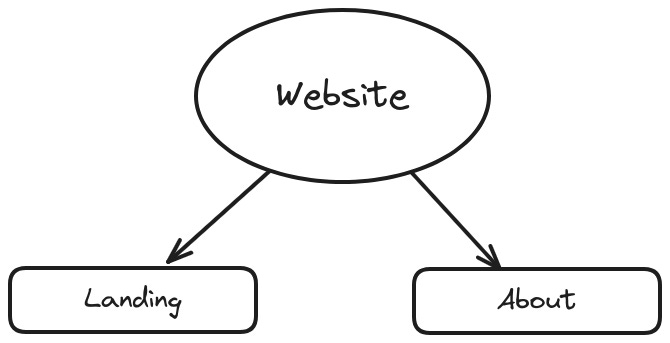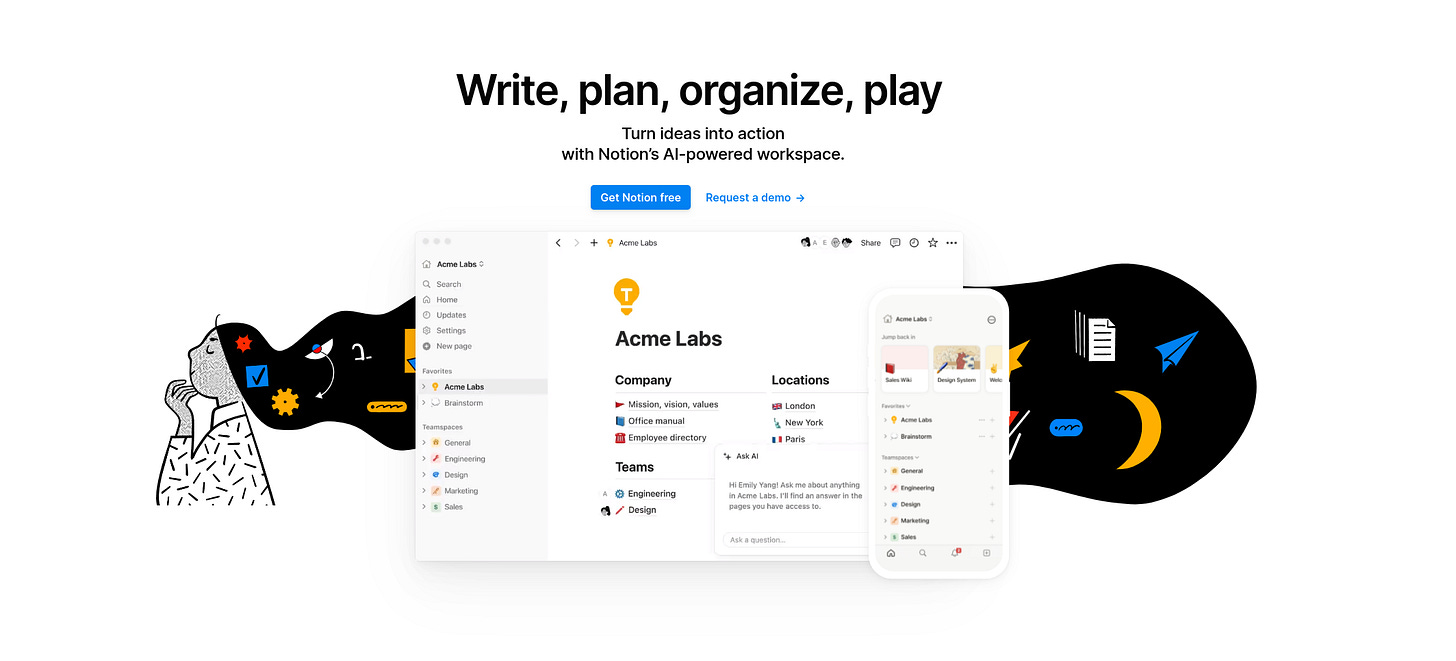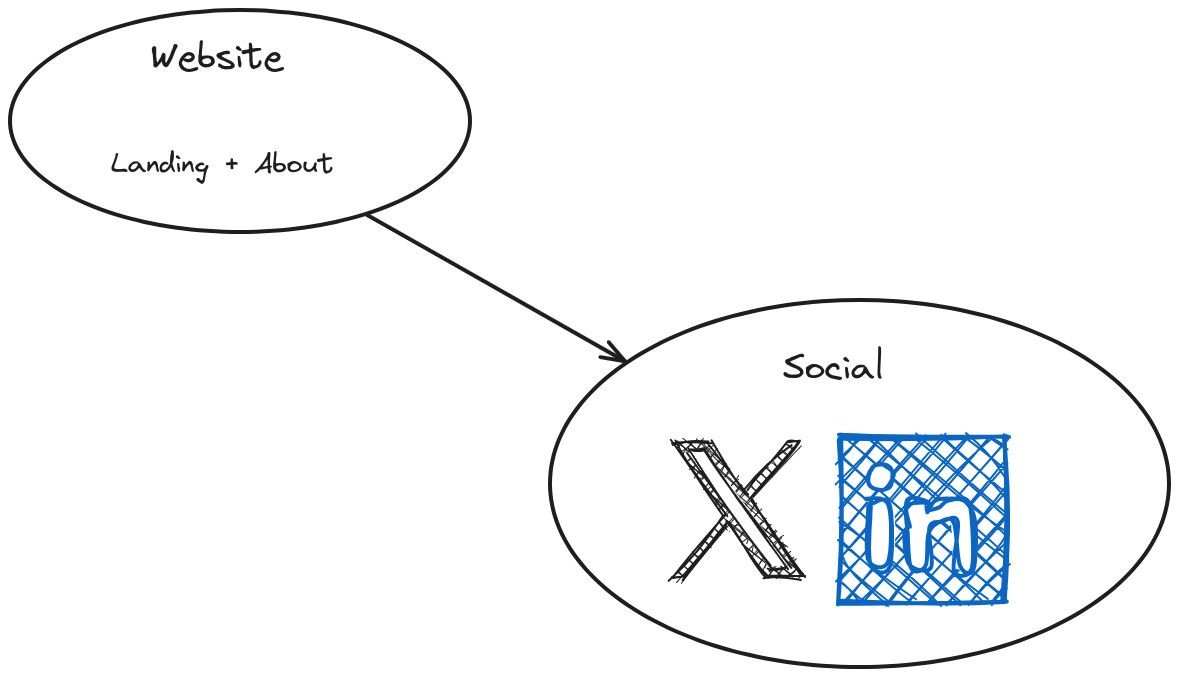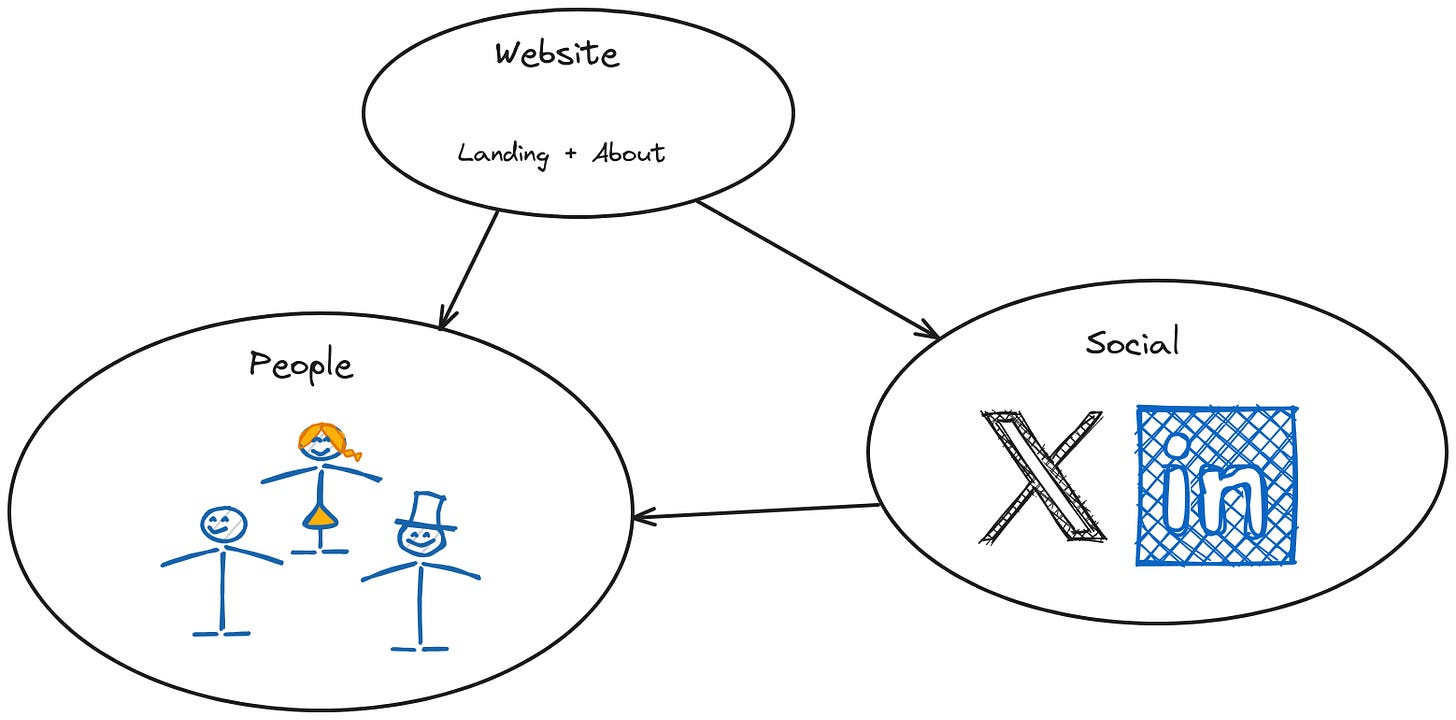The Ultimate Guide to Landing Your First Software Engineering Job at a Tech Startup: Interview Preparation
Technical preparation is not enough. Prepare studying the company and its people with these simple steps.

Attending an interview with zero preparation is like attending a school test without studying.
Good interview preparation can bring you from a “no” to a “yes” but also from a “yes” to a “strong yes.” Passing an interview with a “strong yes” can make a difference. Remember, you are not the only valid candidate for the job.
How do you prepare for an interview?
You should study and refresh your technical knowledge, but that’s not it. When you attend an interview, you want to give them answers to these questions during the interview:
Are you interested in the company and in the role?
Are you fast to learn?
Are you interested in the industry the company operates in?
Did you apply to 1000 companies to get a job?
Answering these questions yourself can also help you understand if you are interested in the company.
The interview process can take a lot of time, so you want to select companies you are interested in. Working in a startup requires being a product engineer, so coding is not enough; showing interest in the industry and the market is a key point.
In this post, I will explain the steps you can follow to prepare for your next interview.
1. Website
The company website is the right place to start your preparation.
The website contains official information about the company, so you don’t need to filter out gossip. You can assume that the content published on the official website is published and approved by the company so that you can trust it. You don’t necessarily need to look at all the pages.
You want to answer these questions:
What is the company’s mission?
What is the industry of the company?
What type of clients use the product/service?
These questions should be answered by looking at the landing page.
The image above shows the Notion landing page. Look at the top: write, plan, organize, play. Scrolling down gives you a pretty good idea of what Notion is.
Another page that you should always consider is the About page.
The About page should give you an idea of the company's origin and history and, sometimes, also show some of the people working in the company.
2. Social
On the website, you should find links to the official social media pages of the company.
Explore all the platforms you can find. Do they have a blog? Do they post on LinkedIn or X? Do they publish YouTube videos? Do they have a podcast?
All those contents can help you explore the company’s culture.
3. People
The website's About page and social platforms should give you a good idea of the people working in the company.
If you read my startup target, you know the company should have about 20 people. Reading the content of the people working in a startup can give an idea of the company itself. For example, if you read my newsletter, you might know that I am a Nodejs developer, so if you look at my LinkedIn page, you might guess that the company I work for uses Nodejs.
Find the developers working in the company and explore their work.
If you go to my GitHub page you can find repositories related to Fastify and GraphQL. You can also consider contributing to a repository created by someone in the startup.
Your goal is not to stalk those people. It is to understand the company’s culture.
Does the company promote open source? Do the people working there publish content about the company? Do they have a company’s blog?
Those people might be your interviewers, so reading their content might be a good way to start preparing for the interview.
4. Job Posting
The final step of the process is to look back at the job posting.
Given the information you gathered in the previous steps, look back at the job posting and reflect to answer the following questions:
What do you think would be your job?
What are the skills required?
What skills would be nice to have for the job?
How does the role fit inside the company?
If you don’t have answers to these questions, ask them during the interview.
In the past, I applied for a role titled “Lead Backend Developer.” Based on the title, I assumed it implied management and the responsibility to structure a team and hire new people. I wasn’t sure about that, so I asked during the interview. The role was more technical than I expected, and there was no management at all.
Research to ask the right questions during the interview.
Read Next:
The Ultimate Guide to Landing Your First Software Engineering Job at a Tech Startup: Open Source
Looking for a job as a software engineer in the last few years seems fantastic. You have so many opportunities to choose from. The job market is filled with open positions, and new tech companies come every week. Remote working made it even better. After COVID, many more companies started considering remote working. So, now,…
The Ultimate Guide to Landing Your First Software Engineering Job at a Tech Startup: Online Writing
In this series’s first post, we discussed why open source is crucial to landing your next job at a startup. I firmly believe that open source is the best tool for landing a job as a software engineer at a startup, but there are other things you can do to build an online presence and increase your chances.








